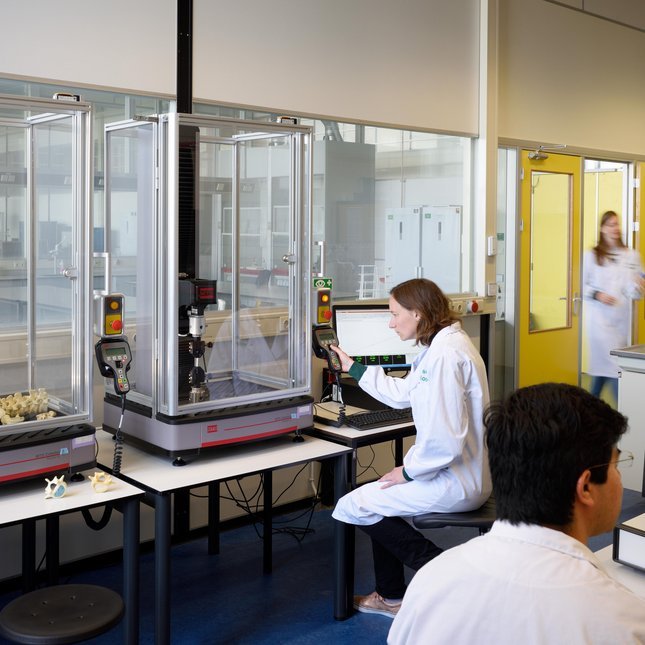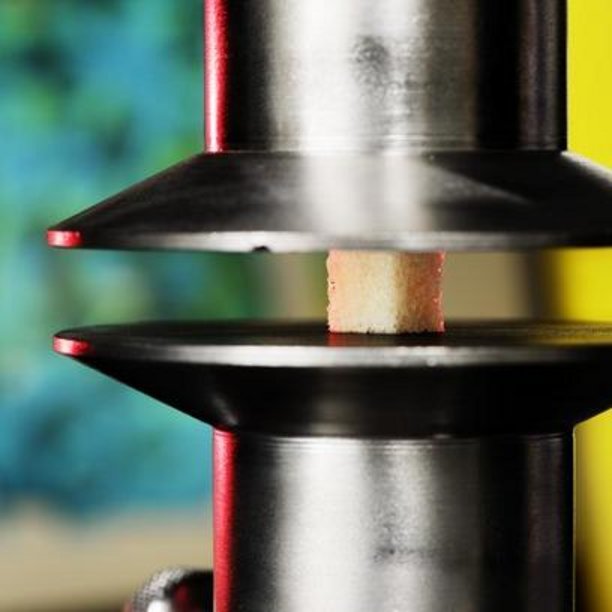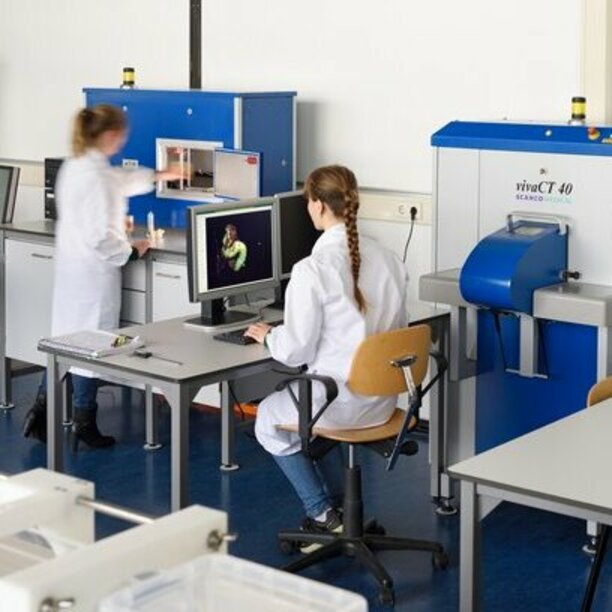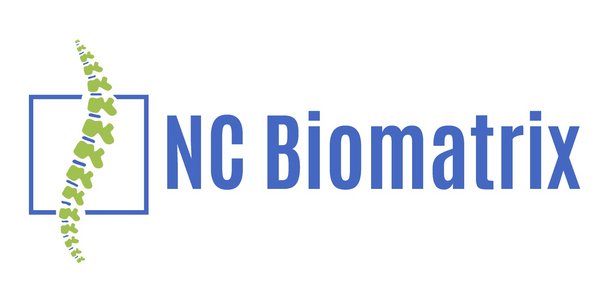
MS/e background
The TU/e has a unique track record in the field of mechanobiology and regenerative medicine. Our state-of-the-art laboratories enable researchers to develop novel cell culture platforms and characterize mechanobiological behavior. The majority of this work is performed within the Regenerative Engineering & Materials (REM) cluster, one of the three research clusters within the department of Biomedical Engineering. MS/e is the service provider of the REM cluster. We perform contract research for industrial and academic partners, valorizing our equipment and the tools used and developed by our scientists.
Expertise
Our main area of expertise is mechanobiology, ranging from single cell to whole tissue. Our groups have acquired and developed a wide variety of platforms to measure and characterize biological materials. With these dedicated culture platforms, we subject cells and (engineered) tissues to mechanical loading such as fluid shear stress, stretch or compression. These dynamic cultures have shown to be essential to model cell and tissue function in vitro. Next to dynamic cultures, our groups have developed an array of bioassays and culture techniques for the evaluation of material biocompatibility or bioactivity.
ext to the cell and tissue culture, we characterize biological materials. To do so, we have a wide spectrum of techniques available. For the mechanical characterization, we execute all sorts of mechanical tests, spanning a force range from micro- to kilonewtons. For the structural characterization of materials different imaging modalities are available such as microscopy and microCT imaging.
Partners
Contact
-
Visiting address
Megan van den Heuvel LLBLukas van Duyvenvoorde room 4.108Building number 15Verbeeksteeg7957DD GelselaarNetherlands -
Postal address
ir. Joël GeerlingLoïs KoçDemirdreefPO Box P.O. Box 5137906NK Nieuw ScheemdaNetherlands







